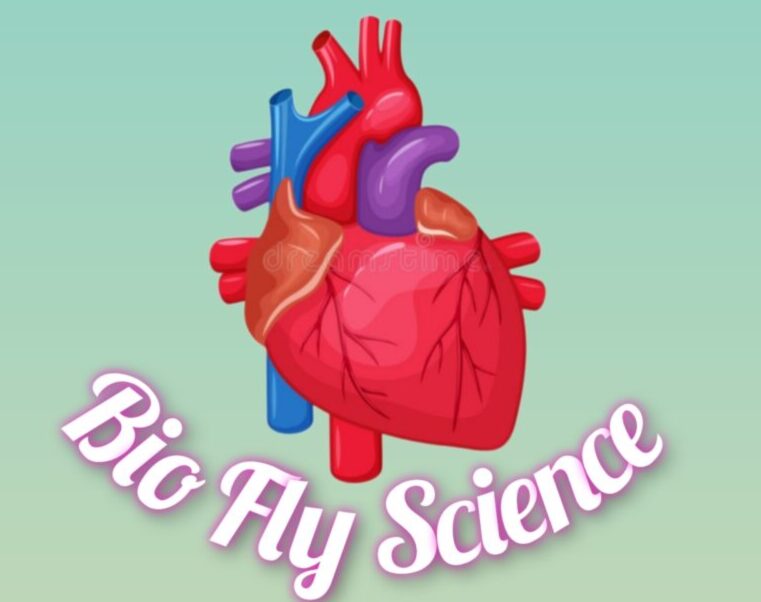Platyhelminthes, or flatworms, are a phylum of simple, unsegmented, bilaterally symmetrical worms. They have a flattened body, lack a body cavity (acoelomates), and include free-living species like planarians and parasitic species like tapeworms and flukes.
General characters of Phylum Platyhelminthes:
1) Habitat: Most of species are parasitic (Ecto-Endo parasite), few are free living (aquatic/terrestrial).
2) Shape: Body is ‘dorso-ventrally flattened’.
3) Symmetry: Body is bilaterally symmetrical.
4) Germ Layer: They are ‘Triploblastic animals’.
5) Coelom: They do not have body cavity i.e ‘acoelomate’ animals.
6) Organization: They exhibits organ level of organization.
7) Digestion: Digestive system is incomplete with an opening the ‘mouth’ also used to expel wastes.
8) Reproduction: They reproduce either Asexual (fission, regeneration) or Sexual (gametic fusion) method.
9) Excretory system: Excretory organs are Flame cells or Protonephridia or Solenocyte.
10) Respiratory & Circulatory System: Absent. Respiration occurs by diffusion.
11) Nervous System: A ladder like primitive nervous system present consisting of a brain and pair of longitudinal nerves.
12) Hermaphrodites: These animals are hermaphrodites, both male and female reproductive organ present in same body.
13) Fertilization: Fertilization is internal.
Example: Fasiola hepatica (Liver Fluke) ; Taenia solium (Tape worm)
